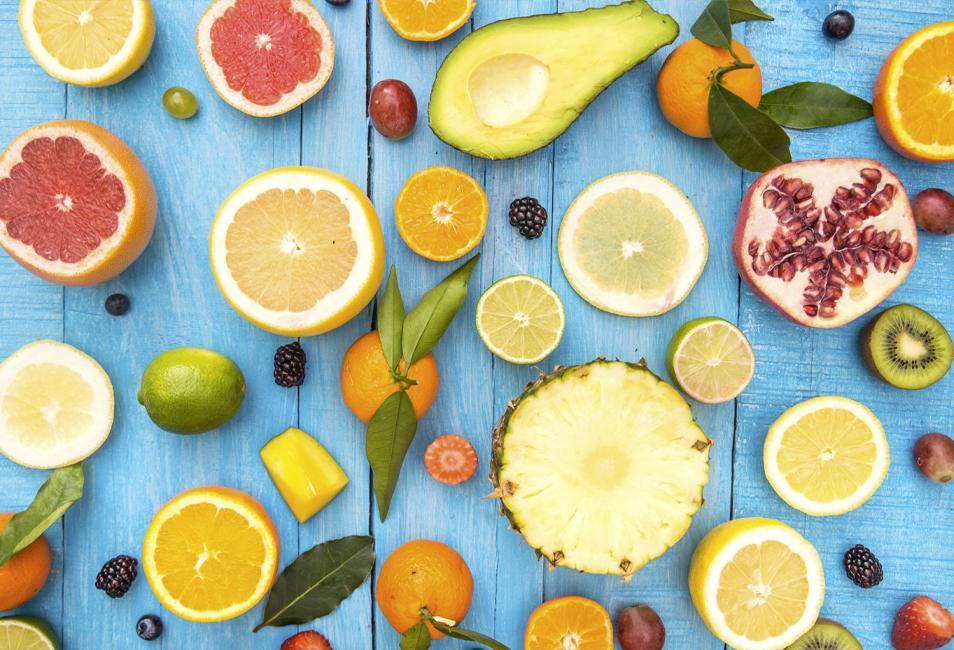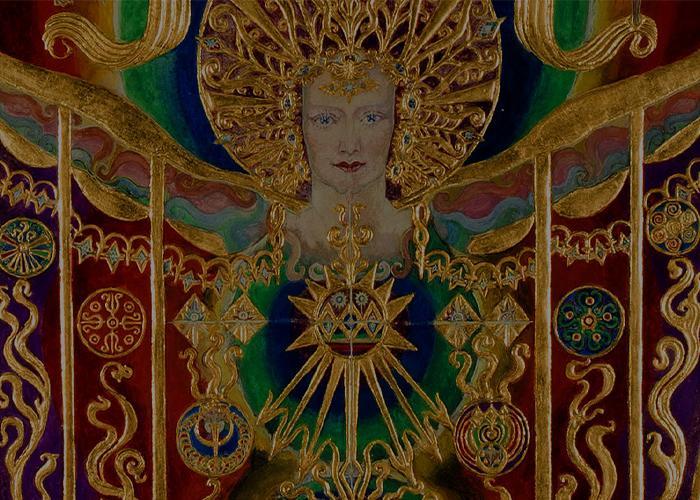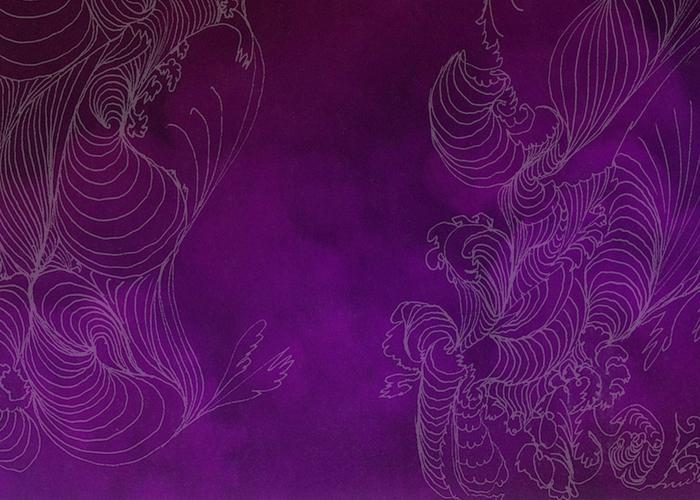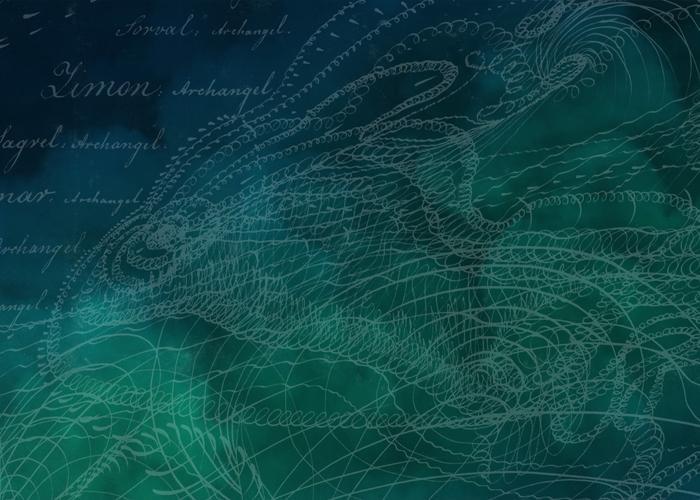The College Team has been practising some of Dr Jenelle Kim's meditative Myung Sung movements... and we're all delighted with the results. We feel rested, centred and energised. But there's much more than grounding Tai Chi-style movements and breathwork in the practice of Myung Sung. It's a complete approach to life, bringing calm, ease and a palpable sense of stability in every situation. Jenelle draws from the ancient Korean tradition to teach a simple but profound approach to life that we can each apply right now for an instant energy switch-up. Here, Jenelle shares how Myung Sung has supported her own journey to wellbeing...
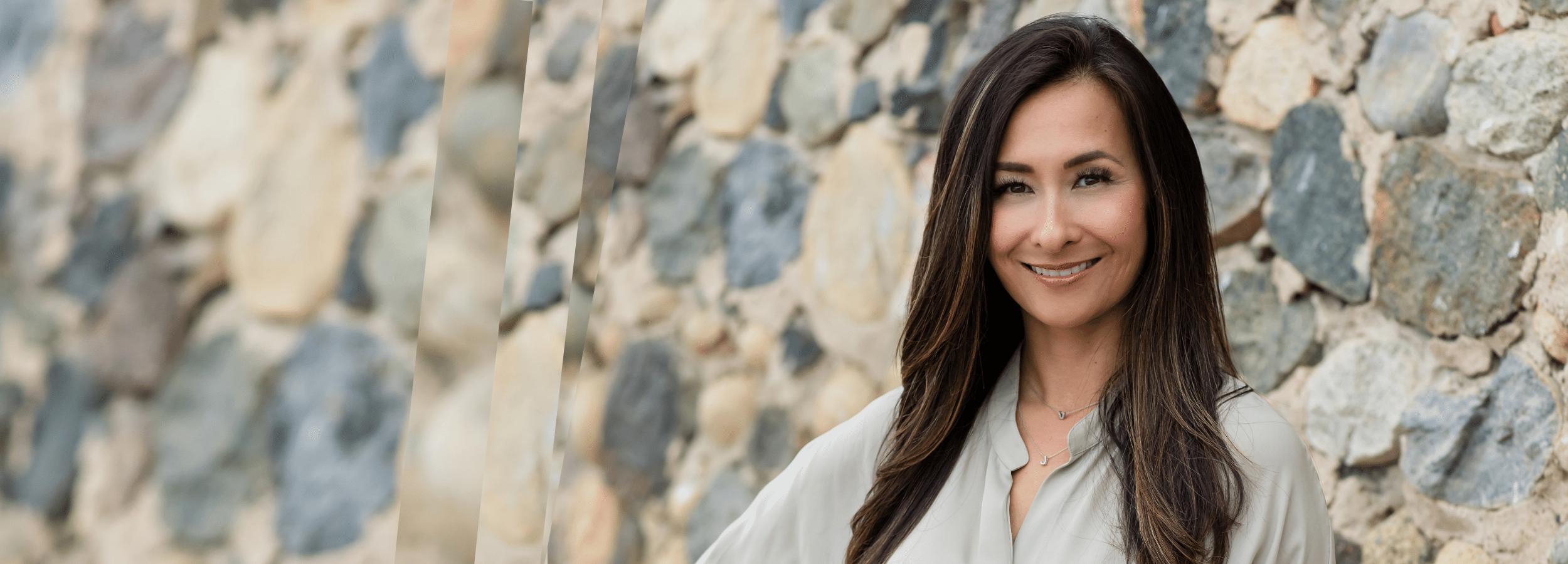
Can you share a little about your journey, Jenelle?
I am a 9th generation Traditional Oriental Medical doctor, herbologist and practitioner of the Tao.
From as far back as I can remember, my father—my greatest mentor—and my connection to my ancestors have been my primary influences. The lessons from my mentor stressed the importance of being kind, aware, open-minded and grounded, but most importantly, connecting to the universal frequency of the universe—God.
My father studied as a Buddhist monk in the mountains of east Asia from the time he was seven to fourteen years old. After this time, he chose to enter back into society and committed to sharing the principles and practices that he learned from his mentor, as they had been passed down for centuries. He set out to help others understand ways to incorporate these principles into daily life. The principles he learned are rooted in the Tao, which preceded even those principles of Buddhism, Christianity, and science as we know them today.
As an American-born daughter of a Korean father and American mother, I learned from an early age the power behind ancient medicine and principles as they have been passed down for centuries in my lineage – the same principles that push me to continuously live a life of meaning, purpose, gratitude and giving.
I was raised with the constant reminder and implementation of these principles, which of course I had the choice to follow or not, on a daily basis. I say this because at the end of the day, it is always our choice to choose what principles we live by, how we wish to move about this world and what path we wish to follow. If we remain connected to the universe, we can see that we hold the power inside of ourselves.
When I was 33 I lost my father. Above anything, he taught me that the most important thing in life is to be good and then everything will unfold as it should. Now his legacy and the powerful memory of him is one of the greatest touchstones that reminds me to always live a life of mindfulness, purpose and compassion.
Just before I decided to study Eastern Medicine & Philosophy and share the formulas from my lineage with the world through my labs (JBK Wellness Labs), he asked me one simple question, "Do you want to be special and achieve something in this life? To make this world better?" I of course answered, "Yes." To which he responded, "Then never be afraid to be different and when everyone else is sleeping, you keep moving."
I have never stopped.
What kinds of herbs and medicines should we all be including for good health?
Eating properly is one of the best forms of medicine for our health and overall condition. In a recent article for Well+Good, I wrote on the importance of incorporating the following foods into our diet in order to help improve and strengthen our condition:
Soup: In Traditional Oriental Medicine (TOM), the spleen is responsible for pulling qi from the food we eat and digest, so a mixture of yang tonic foods that support spleen function is one of the best ways to increase the flow of qi in the body. Warm foods are easiest for the body to digest and absorb qi (vital energy) and nourishment from, so one of my favourite ways to improve qi deficiency is to eat a healthy, nourishing soup full of vegetables. Some of my favourite ingredients to include are carrots, barley, green beans, and lots of fresh herbs.
Whole Grains: In order to improve your condition and wellbeing, you need to eat an overall healthy diet, including ensuring half of what you eat are grains and legumes. Cooked whole grains are complex carbs and very gentle on the stomach. Foods that are too heavy or rich can overwhelm the digestive system and lead to qi and nourishment not being properly absorbed. A few of my favourites include rice, barley, oats, and rye.
Fresh Herbs: Fresh adaptogenic herbs support proper qi (vital energy) in the body. In TOM, you traditionally mix a variety of herbs to achieve a synergistic effect of benefits, but there are a few that are great to add to your diet on a regular basis to create internal warmth, aid digestion, and help improve overall health. Two of my favourites are ginger and nutmeg.
Root Vegetables: Vegetables are great to improve your overall condition, especially root vegetables like onions and sweet potatoes. These vegetables are all yang tonics, which help boost energy and improve qi (vital energy) deficiency. It is best to prepare these vegetables by cooking them slightly so they are warm, but still retain most of their nourishment.
Squash: Various types of squashes are also great as they help create a healthy internal environment and promote the circulation of qi (vital energy).
Garlic: Garlic is a great choice to incorporate into your diet always. It is beneficial to almost everyone to improve qi and boost the immune system.
What is the one thing you'd like people to take away from Myung Sung?
My wish is to continue to share the 8 Keys of Myung Sung Living Mediation with the world to the greatest extent possible. These principles have been handed down for centuries to help improve our everyday life, and they serve as effective and applicable tools that help us navigate every aspect of our lives – both the ups and the downs. Through these principles we can broaden our perspective and make correct choices in order to balance with life's challenges, stress, anxiety, grief and trauma. It is my hope that they help us to become better parents, better members of our community, better leaders in business, better friends, and better partners.
One of my favourite principles is, it only takes one match to light one thousand (Key #7 of Myung Sung Living Meditation). It only takes one positive action, one person or one thought to ignite a thousand more. However, just as there is night and day, loud and soft, masculine and feminine, yin and yang, there is always positive and negative, which means that just as this principle applies to the positive, it also means that one negative action, person or thought can ignite a thousand more. If we know the impact that even one of our thoughts has, then we can be that much more aware of the fact that each one of us holds the power and has the choice in any and every situation to make our lives and the lives of those around us better or not. No moment is unimportant.
How can we incorporate Myung Sung into our everyday life?
All things in nature and our surroundings share a connection. Some call this an energy, others a life force. I like to simply call it connectedness. When we begin practicing Myung Sung Living Meditation, we become more aware of this connectedness. We start learning more about ourselves, our relationships and our effect on the world around us. Myung Sung offers us a way of being that is aware, calm, decisive and harmonious. It teaches us how to resolve conflict, walk through stress, and accomplish any goal by gaining perspective and creating good habits in our daily life. All of our struggles – in work, marriage, parenting, friendships, health, money and family – become less difficult. We begin to feel a greater sense of balance between our mind, body and spirit, because we are able to see ourselves, as well as the people and circumstances around us more clearly by purifying our minds and following through with correct choices and actions.
Most forms of meditation ask us to be still and quiet. We must take time away from our busy lives and forget about our ever-growing to-do lists. However, it's not always easy to take a step back. Myung Sung Living Meditation is the opposite of this. It is a form of meditation that is active, dynamic and woven into our everyday lives. It is a form of meditation that helps us to see ourselves, and therefore the world, more clearly.
What does Myung Sung mean?
Myung Sung can be translated as "meditation" in the Korean language. Myung Sung is a term that has existed in my lineage that embodies the principles of mindfulness, rooted in the Tao or the universe, as they have been passed down for centuries. Myung Sung Living Meditation is a "term" that I coined, with the intention of quickly and accurately conveying all that these principles into a simple phrase. An active, dynamic, mindful and aware way of life…Living Meditation.
When you combine the stance of mindfulness with the natural order of the Tao, that is Myung Sung Living Meditation. Taoism was introduced to Korea from China during the Three Kingdoms period (AD 220–280) and remains a significant element of Korean thought today. In Chinese philosophy, Tao is the absolute principle underlying the universe, combining within itself the principles of yin and yang and signifying the way, or code of behavior, that is in harmony with the natural order.
I learned from an early age the power behind the centuries-old medicine and principles of Myung Sung Living Meditation passed down from my ancestors from generation to generation. I am the first female in my lineage to be the custodian for the treasury of herbal formulations and Myung Sung principles, and I am also the first to share them on such a large scale because I believe that is a part of my calling and duty in this life.
Join our newsletter to receive updates on our upcoming courses, events, talks, exhibitions and more.


